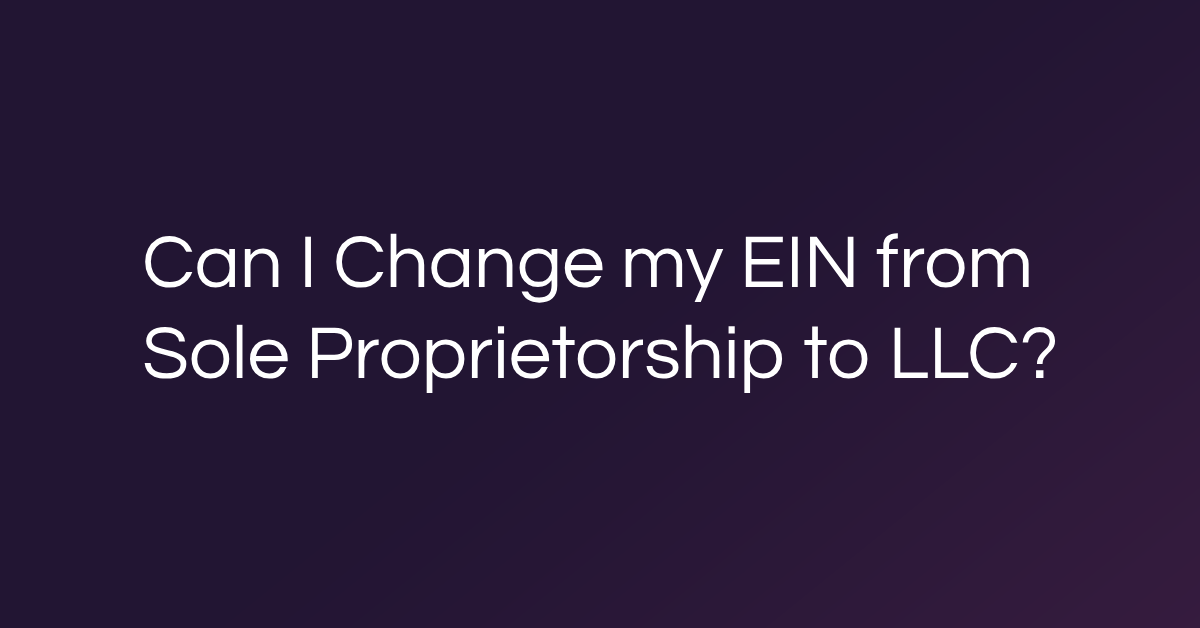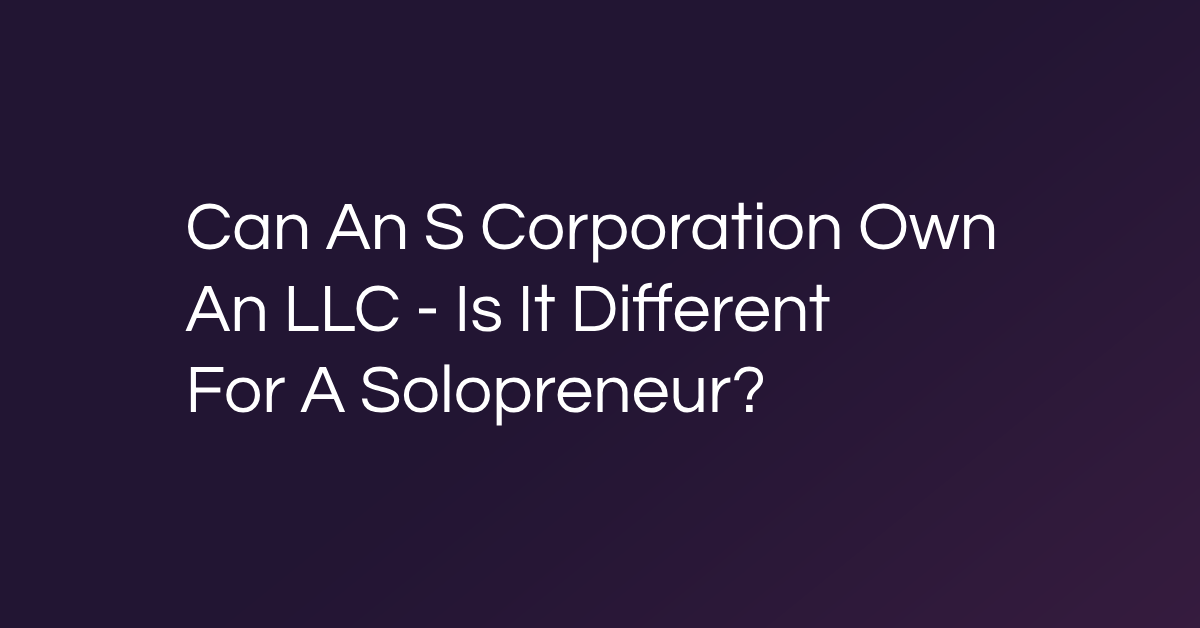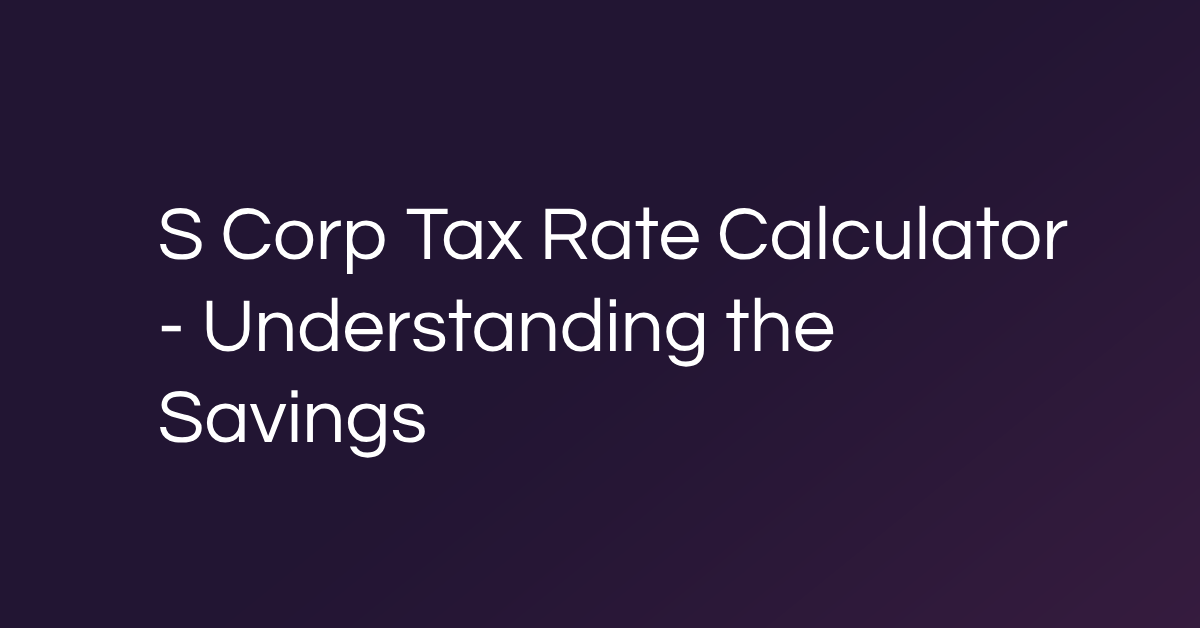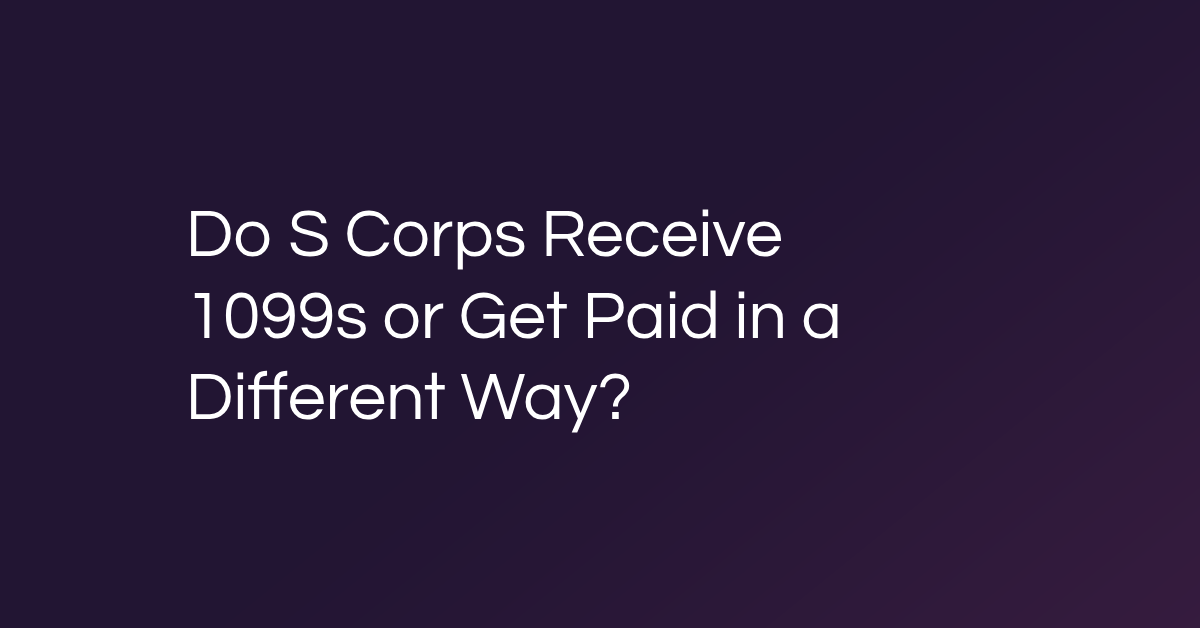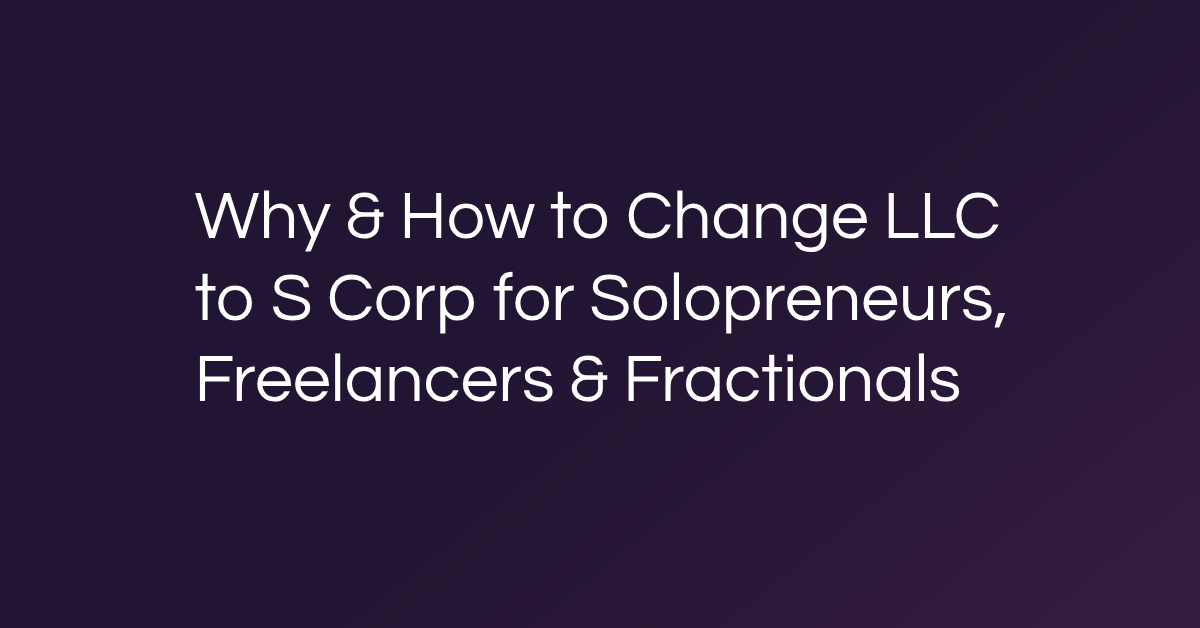If you’re running a sole proprietorship and considering forming an LLC, you’re not alone. Many solopreneurs in growth mode realize that forming an LLC provides liability protection, greater business credibility, and more flexibility at tax time. But what happens to your Employer Identification Number (EIN) when you change structures?
Understanding when a new EIN is required, what the IRS says about single-member LLCs, and how to manage the transition can help you make the best decision. Shifting to an LLC is often the smarter long-term path for serious business owners.
Cases in which a sole proprietorship needs an EIN
Most sole proprietors can operate using their Social Security number, but there are clear situations where an EIN is required—even without forming an LLC.
You’ll need an EIN if you:
- Hire employees
- Operate as a partnership
- Withhold taxes for a retirement plan
- Open a business bank account that requires an EIN
Even if it’s not mandatory, many solos choose to get an EIN to protect their privacy and establish separation between their personal and business finances. It also enhances credibility when applying for credit, working with vendors, or invoicing clients.
The EIN becomes your federal tax ID—and for growing businesses, it’s often worth having from day one.
Does an LLC have to get an EIN?
Whether an LLC needs a new EIN depends on how it’s formed and how the business operates. A sole proprietor must obtain a new EIN if they form a partnership, a corporation, or a multi-member LLC.
The rules are different for single-member LLCs. Businesses structured this way can often file tax returns using either a Social Security number or an EIN assigned to the owner or entity unless they plan to hire employees or elect S corporation status.
While an EIN may not always be required, most solos choose to get one anyway. It protects personal information, supports business banking, and creates clearer separation between the owner and the LLC.
Applying for a new EIN during your LLC formation also signals to banks, vendors, and tax agencies that your business is operating under a formal new structure. It’s a practical move that supports credibility, compliance, and growth.
Should you get an EIN for your sole proprietorship (even if it’s optional?)
Many sole proprietors apply for an EIN to simplify operations and protect their privacy even when not required. Using an EIN instead of a Social Security number helps reduce identity theft risks and allows you to maintain a professional presence.
You’ll need an EIN to:
- Open a business bank account
- Apply for certain licenses
- Hire employees or contractors
- Set up payroll or retirement plans
A federal tax ID also signals credibility to vendors and clients—even if you’re the only one running the business.
Can you transfer an EIN from a sole proprietorship to LLC?
You technically can’t “transfer” an EIN from a sole proprietorship to an LLC. Once you change your business structure, the IRS considers it a new legal entity—even if ownership doesn’t change.
That means you’ll likely need to apply for a new EIN when forming your LLC. The IRS bases this on whether the business is now classified as a partnership, corporation, or multi-member entity. An EIN may not be required for single-member LLCs, but most solos still get one for banking, payroll, and administrative ease.
Trying to reuse a sole proprietorship EIN under a new LLC can lead to confusion with tax filings and payroll reporting. It’s best to start fresh.
Many business owners consider this an opportunity to clean up records and formalize operations. The benefits of operating as a separate entity go well beyond compliance—they support brand credibility, protect personal assets, and improve financial organization.
Build a stronger foundation with a new EIN and LLC
Forming an LLC and applying for a new EIN gives your business more than just a fresh start—it provides a stronger structure built for growth. You get liability protection, clearer separation between personal and business finances, and a more credible brand presence.
Whether you’re making the switch from a sole proprietor or just getting started, Besolo’s LLC formation tools and expert-backed support simplify every step — with Besolo’s help, we’ll even get you a new EIN for your LLC.
FAQs about EINs and transitioning to an LLC
Can you transfer an EIN from a sole proprietorship to LLC?
No. Once you form an LLC, the IRS considers it a new legal entity. Even if the ownership stays the same, you’ll generally need to apply for a new EIN to reflect the new structure.
Do I need a new EIN if I change my business type?
Yes—you’ll need a new EIN if you’re converting your sole proprietorship into a corporation, partnership, or multi-member LLC. An EIN might not be required for a single-member LLC, but most solopreneurs get one to simplify banking, payroll, and compliance.
Can I use an existing EIN for a new LLC?
You can’t use your sole proprietorship’s EIN for a new LLC. Reusing an EIN for a different business structure leads to errors in tax filings and delays in processing. Start fresh with a new EIN that matches your LLC’s legal setup.
Can you have two EINs?
Yes. You can have multiple EINs—one for each separate business entity. Just make sure each one corresponds to a legally distinct business. If you accidentally apply for an extra EIN you don’t use, there’s no penalty, but keeping records clean is important.
Build a stronger foundation with a new EIN and LLC
Forming an LLC and applying for a new EIN signals that your business is ready for serious growth. You gain liability protection, establish a legal separation between you and your business, and gain more flexibility in how you’re taxed and paid.
Whether you’re upgrading to an LLC from a sole proprietorship or starting fresh, Besolo makes it easy to move forward with clarity. Our expert-backed tools help you handle the details so you can focus on building momentum.
Explore Besolo’s self-employment operating system and start building the business structure you deserve.

